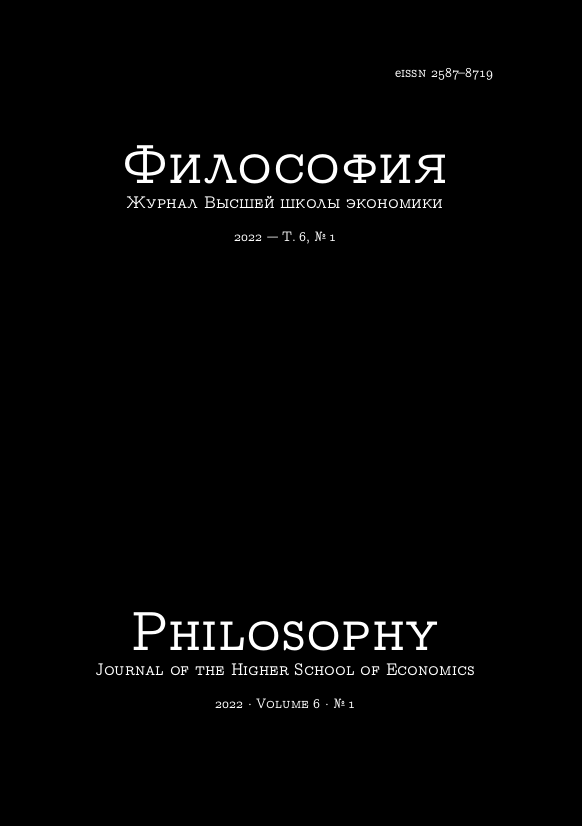The Russian “Intelligentsia” of the Turn of the XIX–XX Centuries
From the Secular Canon to the Ecclesiastical
Abstract
A lot has been said about the concept of “intelligentsia” in Russian thought in the second half of the XIX – early XX centuries in the scientific literature, but it remains unclear how it sounded when immersed in the church context, whether there was a “church intelligentsia” in the ideas of that time and how the intellectuals identified themselves in the Church. These questions are raised by the author of this article, who resorts to the analysis of the existence of this concept both in the works of intellectuals, for whom the religious issue was significant, and representatives of the clergy, whom we can conditionally designate as originating “from the intelligentsia”. The conflict of secular and religious discourses is presented within the framework of the history of Russian thought and the history of concepts. At the turn of the century, a spectrum of intellectuals who had a religious request but, to some extent, came into conflict with the Russian Church became noticeable. It could be expressed as a challenge to the official Church and the demand for its renewal or as the experience of internal conflict during efforts of integration into the orthodox tradition. The most striking group were the intellectuals who “returned” to the Church. They were especially acutely aware of the dualism of their position and experiencing difficulties in self-identification. Immersed in the ecclesiastical context, the concept of “intelligentsia”, which originally arose in a secular environment and had both positive and negative connotations, invariably had a critical subtext, the main note of which was the call for spiritual rebirth and the dream of a “new intelligentsia”, which partly received a real (though not mass) embodiment, which was not practically reflected by contemporaries. Nevertheless, by the beginning of the twentieth century, a unique mental canon was developed in the religious understanding of the widespread concept.
Downloads
Copyright (c) 2022 Philosophy. Journal of the Higher School of Economics

This work is licensed under a Creative Commons Attribution-NonCommercial 4.0 International License.






